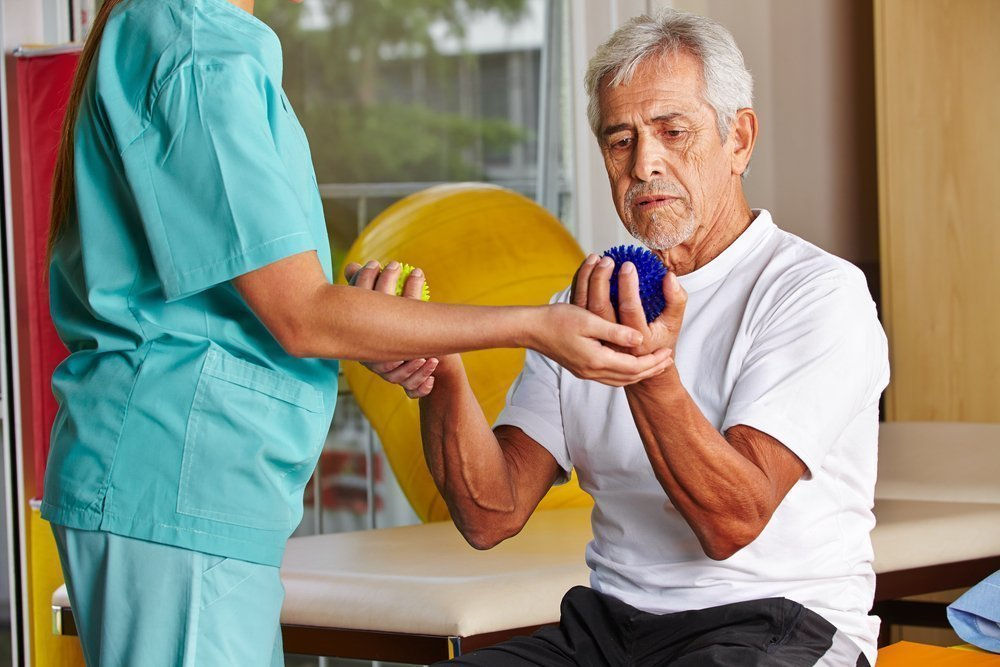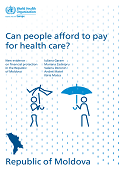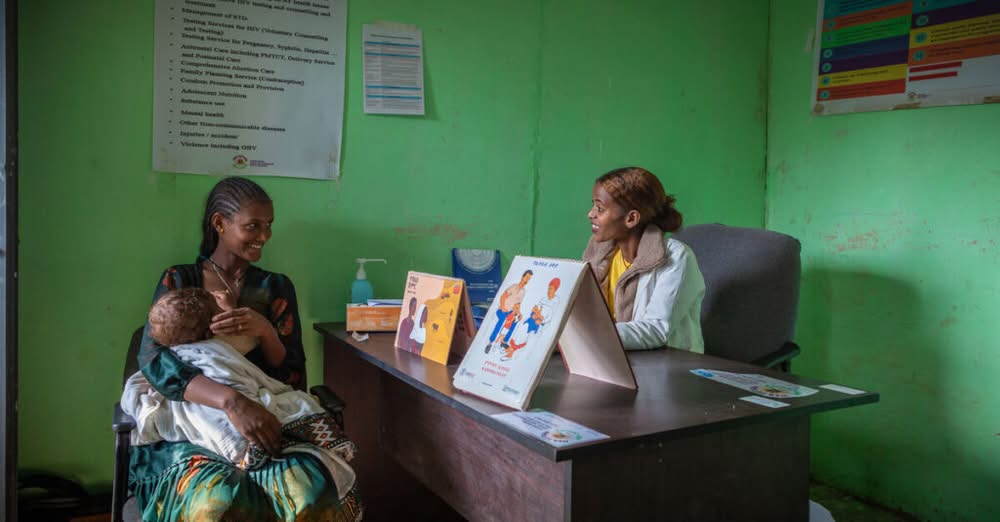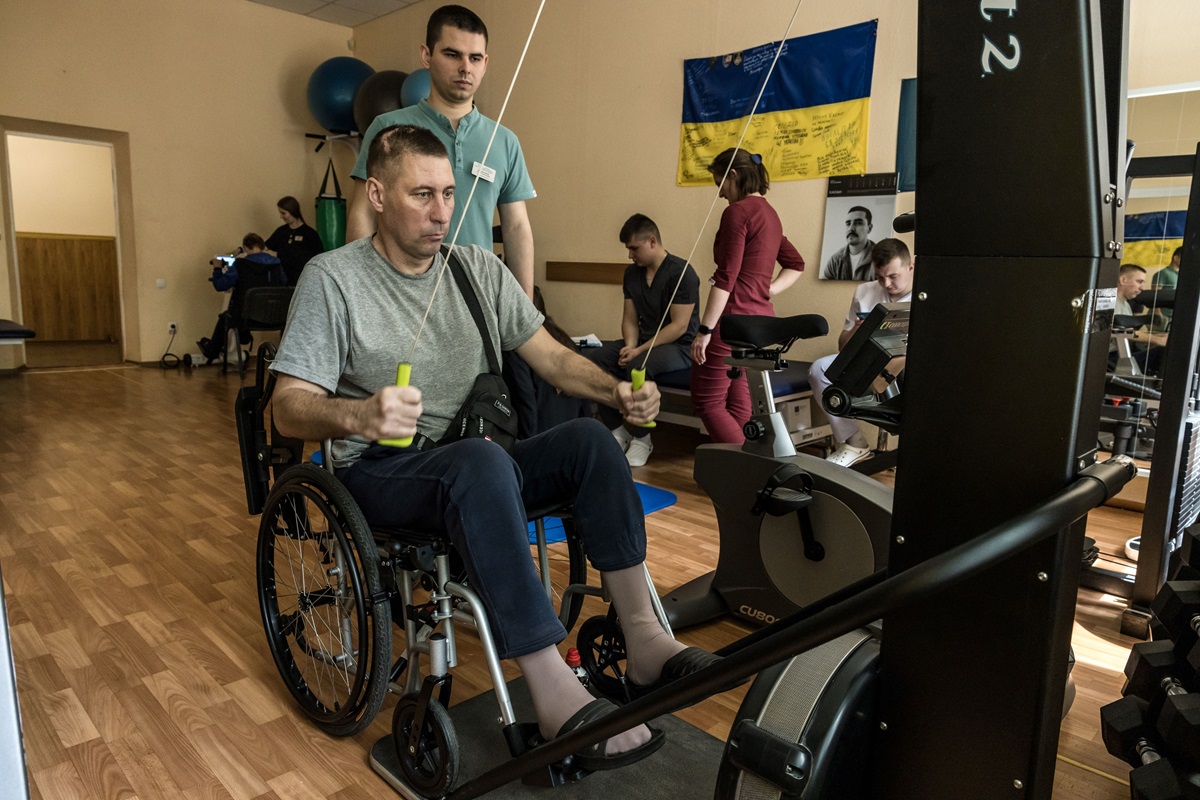Moldova will receive a €36.2 million loan from the International Bank for Reconstruction and Development (IBRD). The authorities will spend this money on improving the quality and increasing the availability of rehabilitation services in public medical institutions in the country.
As reported by newsmaker.md, the Moldovan Parliament ratified the loan agreement with the IBRD at its session on July 11.
“This loan will improve the quality and increase the availability of rehabilitation services for adults and children. We will pay special attention to patients who have suffered a stroke or heart attack. We will modernize state-owned medical organizations’ rehabilitation units and will equip them with high-performance medical equipment necessary for the rehabilitation of patients,” the parliament’s press release says.
The authorities will direct part of the funds to the prevention of strokes and heart attacks. This includes screening, monitoring and treatment of the above-mentioned diseases, training medical workers and information campaigns aimed at educating people on risk factors for stroke and heart attack. Another news source (point.md) shared details that the public awareness campaigns will target the main risk factors for a stroke and a heart attack, including high blood pressure, salt intake, physical inactivity and unhealthy diet. The loan also aims to expand existing telemedicine programs and digital health solutions. Funding will also be provided for the integration of multidisciplinary care for patients with heart disease and stroke, strengthening the digital infrastructure to support the integration of rehabilitation services, discharge planning and protocols at the primary health care level, and the development of home care models to minimize unnecessary treatment and prolonged hospitalization.
The project is planned to be implemented by 2029.







